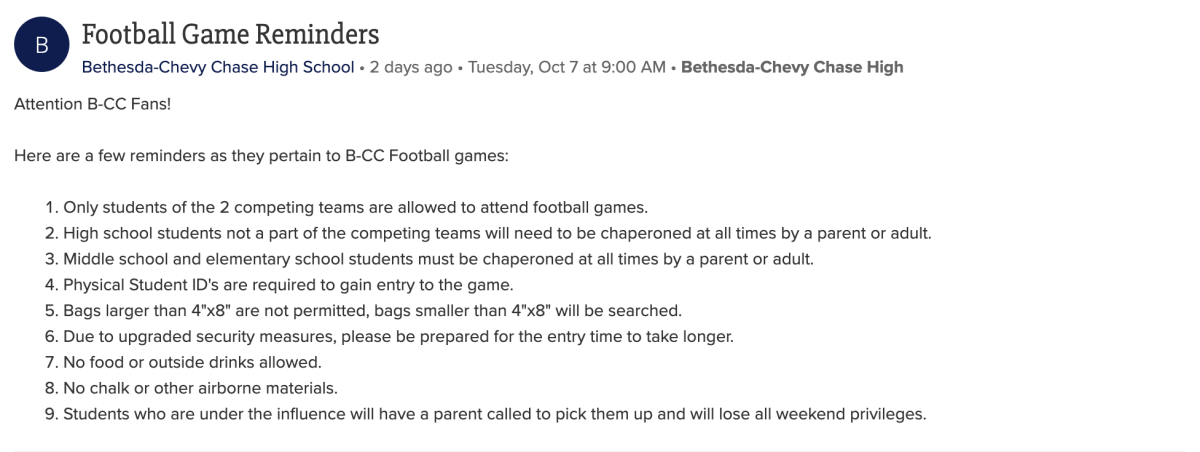It’s time to train our minds, not just our bodies.
Let’s discuss what you can do as an athlete to help prevent or cope with mental health issues.
March 10, 2023
Athletes at all levels face a unique slate of challenges that are often unrecognizable to the average person. As we dive deeper into the 21st century, the rise of mental health issues among people grows exponentially. Besides this rise, we have begun to see more instances of different groups of people neglecting to seek help based on their given circumstances. Whether it’s finances, social pressure, or a lack of parental understanding, each individual is slated with circumstances specific to themselves.
For athletes, these challenges begin with culture. Athletics are largely based on a winning culture, where your team’s or your individual success is seen as a direct result of your level of play. This is problematic for several reasons. For team sports, you may play a great game or have a stellar individual performance, but the recognition or positive reinforcement that should result simply isn’t there. We’ve all been there when your team loses big and you feel like you played great, but you’re left to sit through the woes of your entire roster.
Yes, I recognize this is an important part of team building, where everyone must learn that a team loss is their loss too, but it’s impossible to avoid the fact that this can take a toll on an athlete’s mind. In individual sports, the same is true. A long losing streak or a string of poor performances can weigh heavily on the mind of an athlete, whether young or experienced. When you take a black-and-white approach to wins and losses, an athlete can feel as if they’ve failed when much of what they’ve done is positive.
Aside from winning culture at the high school and collegiate level, sports aren’t exactly your life. In both of these settings, athletes aren’t just athletes: they’re student-athletes. While taking on similar course loads, if not more difficult ones, an athlete needs to manage their time for academics with an already loaded schedule for athletics.
When comparing it to your average schedule, a high school athlete can lose four hours a day due to practice. On top of that, athletes generally come home fatigued and need time to settle in before starting work. With all of these challenges, it can be difficult to maintain a competitive GPA while playing sports, and for many, this can be extremely stressful. Watching your grades slip while doing everything in your power to study and prepare yourself to succeed is easily overwhelming. For new or inexperienced athletes, this can be entirely foreign to their prior experiences.
With all this talk of negativity, let’s discuss what you can do as an athlete to help prevent or cope with mental health issues:
- Set a Structured Routine: A routine is crucial for success when playing sports. As an athlete myself, I can attest to the extent to which a routine helps me succeed. I suggest planning out your days for maybe a month at a time, going through each day you have practices, games, team meetings, etc, and putting them all on a calendar. Next, allocate a specific amount of time for academics each day. During these times, shut down your phone and avoid distractions to maximize your time, and depending on your course load, you may not even need all of the time given. Once you are done, simply relax. Each person has different needs and obligations, so plan accordingly for what you know needs to get done.
- Foster Student-Teacher Relationships: Your teachers are your best friends when it comes to helping during your sports season. Ensure your teachers are aware you’re an athlete, and speak up when you think a deadline may not be achievable. Nine times out of ten, your teachers will fully understand and give you a bit of extra time to complete an assignment. Remember, they’ve taught hundreds of athletes and may have even been one themselves. They’ll understand.
- Talk about it: For many, speaking up about struggling is by far the most difficult step, but reaching out to your coaches, talking to your parents, or consulting with a professional is the most effective way to improve your mental health.











































